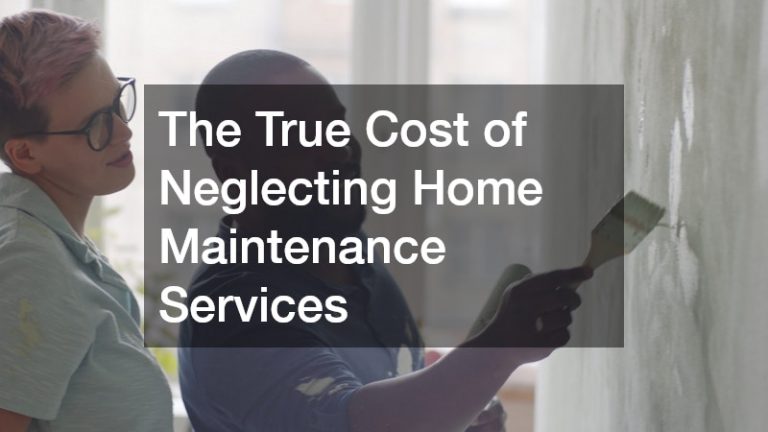

The journey to owning a home involves multiple stages that require careful consideration and preparation. Understanding each stage of the home buying process is crucial, as it equips prospective homebuyers with the knowledge to make informed decisions, avoid costly mistakes, and ultimately lead to the successful purchase of a home.
How to Prepare Financially for Buying a Home?
Understanding Credit Scores
Your credit score plays a pivotal role when it comes to buying a home. It not only affects your ability to secure a mortgage but also influences the interest rates you may be offered.
Improving your credit score involves paying bills on time, reducing debt, and regularly checking your credit reports to rectify any errors. A higher credit score can significantly lower your monthly mortgage payments, saving you thousands over the life of your loan.
Budgeting for a Down Payment
Budgeting for a down payment is a crucial step in the home buying process, as it determines your initial financial commitment to homeownership. Typically, down payments range from 3% to 20% of the home’s purchase price, depending on the type of mortgage. Setting up a dedicated savings plan, reviewing monthly expenses, and cutting unnecessary costs can help you reach your down payment goals more quickly. A well-prepared budget not only makes the purchase process smoother but also reduces the likelihood of financial strain after buying the home.
What Are the Steps Involved in Getting a Mortgage?
Pre-Approval Process
The mortgage pre-approval process involves an evaluation of your financial situation by a lender, providing you with a conditional commitment to lend a specified amount. It is beneficial because it gives buyers a clear understanding of their budget and strengthens their position when making offers on homes. Additionally, having pre-approval signals to sellers that you are a serious and prepared buyer, increasing the chances of your offer being accepted over competitors who are not pre-approved.
Choosing the Right Mortgage Type
Choosing the right mortgage type can greatly affect your financial stability and long-term satisfaction with your home purchase. There are several mortgage options available, including fixed-rate, adjustable-rate, FHA loans, and VA loans, each suitable for different financial situations and long-term plans. It’s essential to compare these types based on factors such as interest rates, terms, and your future financial goals to determine the best option for you.
How to Choose the Right Real Estate Agent?
Key Qualities to Look For
Selecting the right real estate agent can make a significant difference in your home buying experience. Key qualities to look for include strong communication skills, excellent knowledge of the local market, and a track record of successful transactions. Additionally, a good agent should be approachable and demonstrate a genuine interest in helping you find the perfect home, tailoring their services to meet your unique needs.
Questions to Ask Potential Agents
When interviewing potential real estate agents, it’s important to ask questions that will give you insight into their expertise and work style. Inquire about their experience, familiarity with the area you are interested in, and their strategies for negotiating the best deal. Understanding their approach to the buying process and their communication methods will help ensure they are a good fit for your home buying journey.
What Should You Know About Home Inspections?
The Inspection Process Explained
The home inspection is a critical step, offering an in-depth evaluation of the property’s condition before you finalize the purchase. It provides insights into potential issues that could affect the home’s value and your decision to buy. During the inspection, a professional inspector assesses systems such as plumbing, electrical, and structural integrity, documenting their findings in a detailed report for you to consider.
Common Issues Found During Inspections
Common issues discovered during home inspections include roof damage, plumbing leaks, and electrical problems. These findings can significantly affect the purchase decision, potentially leading to renegotiations or even withdrawal from the purchase agreement. Being aware of these possibilities allows buyers to make informed decisions and address repairs before closing.
What Happens During Closing?
Understanding Closing Costs
Closing costs are an essential aspect of the final stage in the home buying process, encompassing various fees that need to be settled before ownership is transferred. These costs include appraisal fees, title insurance, and taxes, often totaling 2-5% of the loan amount. Properly budgeting and saving for these costs can eliminate surprises and ensure a smooth closing.
Final Walkthrough Expectations
The final walkthrough is your last opportunity to verify that the property’s condition has not changed since your offer was accepted. During this stage, check for any repairs that were agreed upon and ensure all systems are operational. It’s an essential step to confirm that the home meets your expectations and allows you to address any issues before concluding the purchase.





